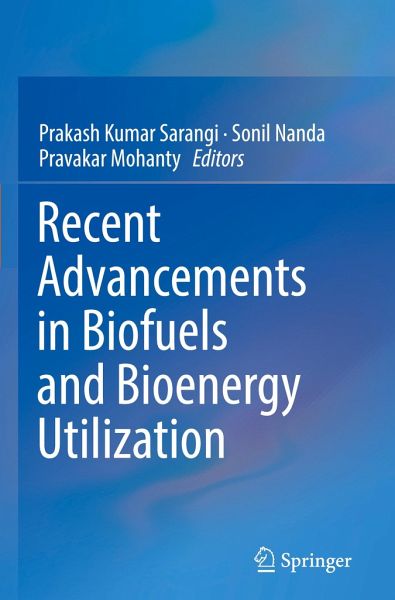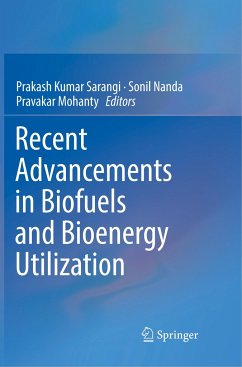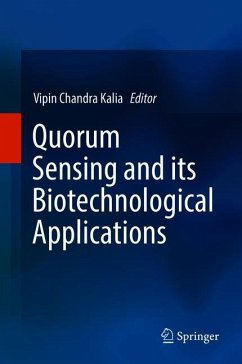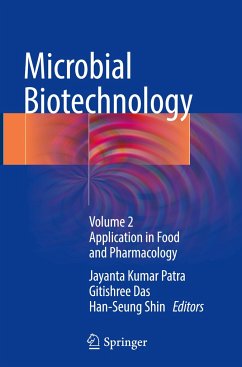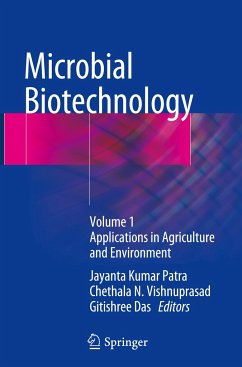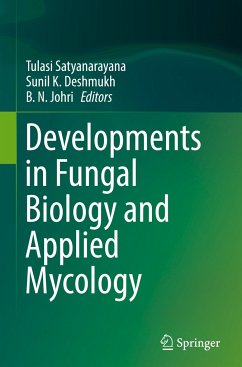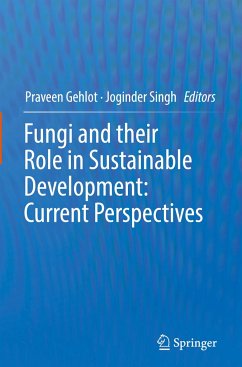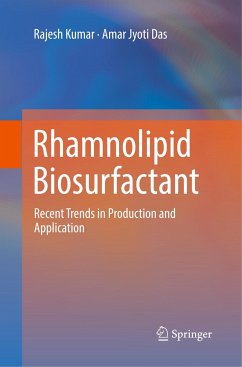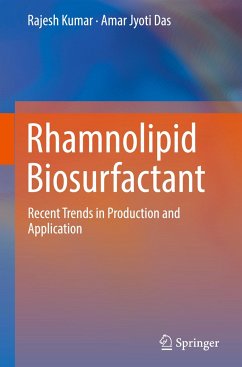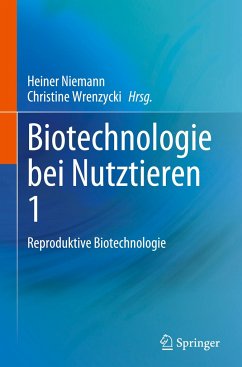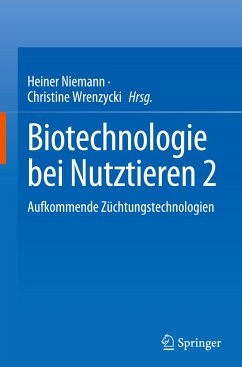Dr. Prakash Kumar Sarangi is a Scientist with specialization in Food Microbiology at the Central Agricultural University in Imphal, India. He has a Ph.D. degree in Microbial Biotechnology specialization from the Department of Botany in Ravenshaw University, Cuttack, India; M.Tech. degree in Applied Botany from the Indian Institute of Technology Kharagpur, India; and M.Sc. degree in Botany from Ravenshaw University, Cuttack, India. He has earlier served as an Assistant Professor and Research Officer at Rajkumar Academy of Bioinfotech & Research in Bhubaneswar, India; Visiting Faculty in Biotechnology at the Buxi Jagabandhu Bidyadhar College in Bhubaneswar, India and Visiting Faculty in the Department of Botany at the Orissa University of Agriculture and Technology in Bhubaneswar, India. Dr. Sarangi's current research is focused on bioprocess engineering, biochemicals, biomaterials, fermentation technology and post-harvest engineering and technology. He has achieved many research experiences particularly in bioconversion of crop residues and agro-wastes into value-added phenolic compounds. He has more than 10 years of teaching and research experiences in biochemical engineering, microbial biotechnology, downstream processing, food microbiology and molecular biology. He has published more than 40 research articles in peer-reviewed international and national journals, and authored more than 15 book chapters. He has presented at many national and international conferences.He is associated with many scientific societies as a Fellow Member (Society for Applied Biotechnology) and Life Member (Biotech Research Society of India; Society for Biotechnologists of India; Association of Microbiologists of India; Orissa Botanical Society; Medicinal and Aromatic Plants Association of India; Indian Science Congress Association; Forum of Scientists, Engineers & Technologists; and International Association of Academicians and Researchers). Dr. SonilNanda is a Research Fellow at the University of Western Ontario in London, Ontario, Canada. He received his Ph.D. degree in Biology from York University, Canada; M.Sc. degree in Applied Microbiology from Vellore Institute of Technology (VIT University), India; and B.Sc. degree in Microbiology from Orissa University of Agriculture and Technology, India. Dr. Nanda's research areas are related to the production of advanced biofuels and biochemicals through thermochemical and biochemical conversion technologies such as gasification, pyrolysis, carbonization, and fermentation. He is an expert researcher in hydrothermal gasification of a wide variety of organic wastes and biomass including agricultural and forestry residues, industrial effluents, municipal solid wastes, cattle manure, sewage sludge and food wastes to produce hydrogen fuel. His parallel interests are also in the generation of hydrothermal flames for the treatment of hazardous wastes, agronomic applications of biochar, phytoremediation of heavy metal contaminated soils, as well as carbon capture and sequestration.Dr. Nanda has published over 60 peer-reviewed journal articles, 12 book chapters, and has presented at many international conferences. His research works have gained wide interest through his highly cited research publications, book chapters, conference presentations and workshop lectures. Dr. Nanda serves as a Fellow Member of the Society for Applied Biotechnology in India, as well as a Life Member of the Indian Institute of Chemical Engineers; Association of Microbiologists of India; Indian Science Congress Association; and the Biotech Research Society of India. He is also an active member of several chemical engineering societies across North America such as the American Institute of Chemical Engineers, the Chemical Institute of Canada, and the Combustion Institute-Canadian Section. Dr. Pravakar Mohanty is a Scientist at the Science andEngineering Research Board in the Department of Science and Technology (DST), Government of India in New Delhi, India. Dr. Mohanty has a Ph.D. degree in Chemical Engineering from the Indian Institute of Technology Delhi, India. He was the recipient of the prestigious Commonwealth Scholarship by the Commonwealth Scholarship Commission of Canada to conduct research at the University of Saskatchewan, Canada. Dr. Mohanty has also worked at the European Bioenergy Research Institute (EBRI) at Aston University in Birmingham, UK. He has received the prestigious HOAP Research Award on Renewable Energy (Young Scientist Award 2014) and Dr. A.V. Rama Rao Foundation's Best Ph.D.Thesis and Research Award in Chemical Engineering and Technology (2015) from the Indian Institute of Chemical Engineers (IIChE). He has more than 35 peer-reviewed international journal articles and 5 book chapters to his credit. He has more than 15 years of research experience in research and development, technology transfer, knowledge translation, implementation and management of different projects related to the development of fuel products, bulk and ¿ne chemicals, active pharmaceutical ingredients, and food processing agents and materials. Dr. Mohanty is an expert researcher in different biomass-to-liquid, biomass-to-gas and gas-to-liquid conversion technologies including pyrolysis, gasification, Fischer-Tropsch synthesis, syngas production, natural gas processing and other processes relating to clean energy concept.
